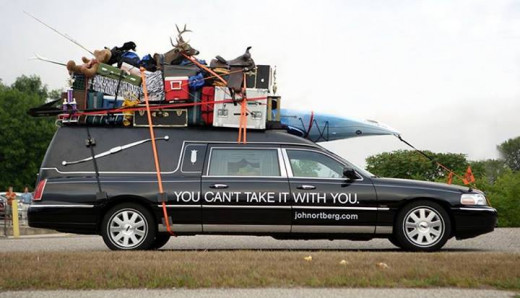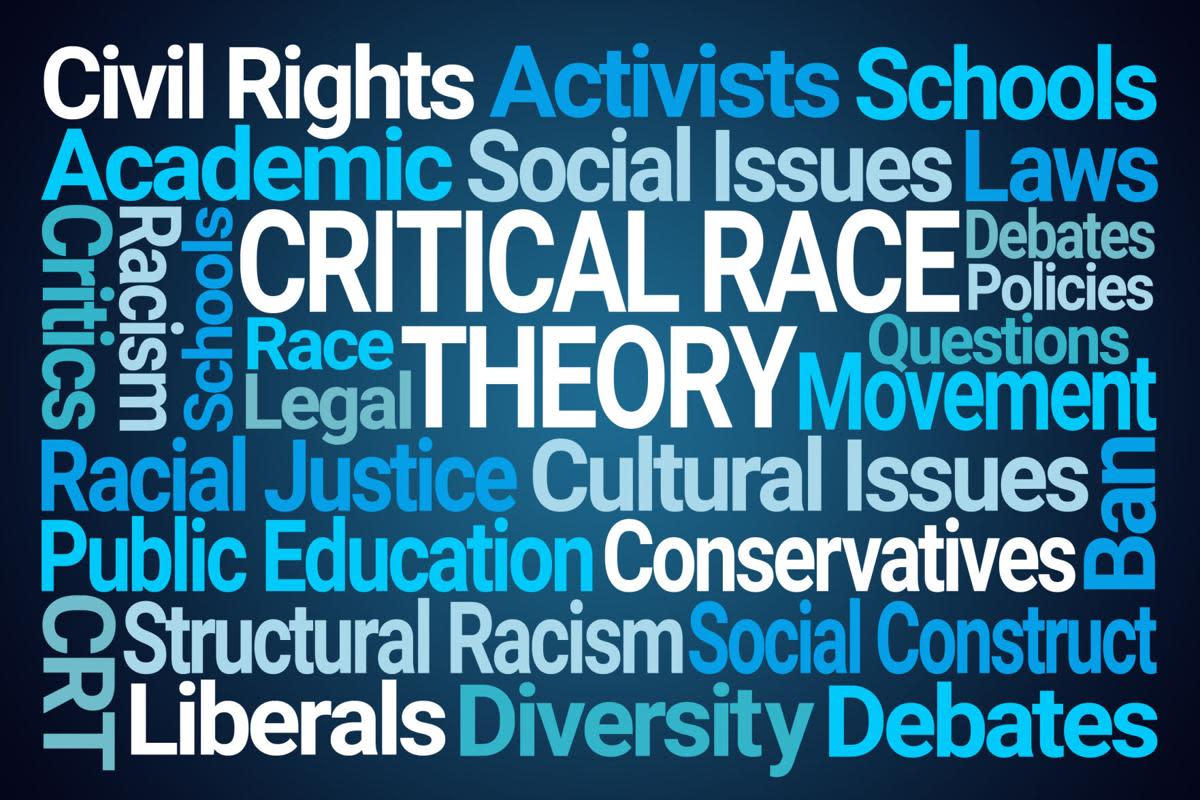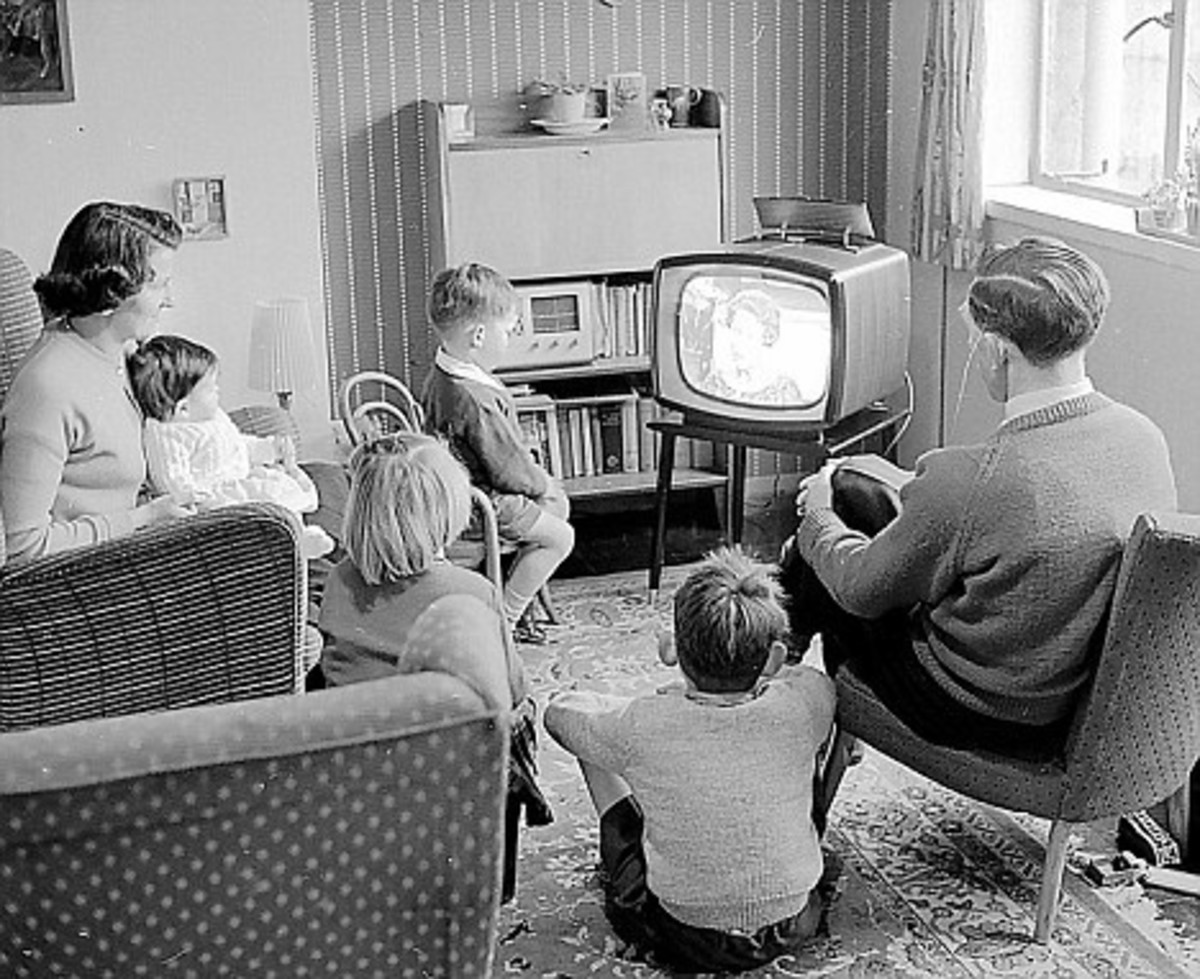Preparing for Death in American Culture

Death Unseen
Death is all around us, but for the average person it remains unseen. The dead no longer lie peacefully on their beds; they are immediately covered and whisked off to the mortuary where their body will be made to look as peaceful and life-like as possible (Kübler-Ross, 1986). Even those approaching death in hospitals and nursing homes are often relocated to "critically ill" areas, much like a medical "death row." By the age of eighteen, a majority of Americans have seen thousands of deaths portrayed on television, yet we still do not like to think about death (Aiken, 2001).
Americans do not like to discuss death, and when we do, it is usually in hushed tones. We have even developed numerous non-threatening phrases and euphemisms to describe death (see table below for examples).
Common Euphemisms for Death
passed on
| made the change
| croaked
|
|---|---|---|
kicked the bucket
| on the other side
| gone to Heaven
|
God took him/her
| Gone home
| Asleep in Christ
|
Expired
| Departed
| breathed their last
|
transcended
| succumbed
| with the angels
|
with the fishes
| bought the farm
| left us
|
went to his/her eternal reward
| feeling no pain
| lost
|
lost the race
| met his/her Maker
| His/her time was up
|
got wasted
| cashed in
| checked out
|
crossed over Jordan
| eternal rest
| perished
|
laid to rest
| lost it
| pushing up daisies
|
was done in
| called home
| translated into glory
|
was a goner
| returned to dust
| came to an end
|
withered away
| bit the dust
| in the arms of the Father
|
annihilated
| gave it up
| liquidated
|
terminated
| a long sleep
| gave up the ghost
|
left this world
| out of his/her misery
| rubbed out
|
it was curtains
| on the Heavenly shores
| ended it all
|
snuffed
| angels carried him/her away
|
(Spelder & Strickland, 1983, in Kramer, 1988, p. 14)
The medical field uses the very clinical abbreviation "RHC," which stands for "respiration has ceased." We do not like to say the words "S/he died." Death is all around us and eventually happens to everyone, yet we still fear death and do not like to discuss it. Overcoming this fear of dying will enable us to better prepare to face death.
Fear of Death
Why does our society fear death? Dr. Kübler-Ross believes the reason we are uncomfortable with death is that we are unfamiliar with it. When people die in the hospital, death is viewed as a failure of medicine to fix the problem. We fear death because it is "a dreaded stranger" (Kübler-Ross, 1986, p. 6). The fear of death varies according to age; it is high among young adults, peaks among middle-aged adults, and is at its lowest in older adults. In middle age, the fear of death has been connected to the midlife crisis and is influenced by self-awareness of declining health and unattained goals.
Another contributing factor is parental death, which removes a symbolic buffer between the individual and death (Gesser G., Wong P. T. P., & Reker G. T., 1987,1988, in Aiken, 2001). The examples above demonstrate that our society wants to deny death.
Elias (1985) believes that our fear of death stems from our inability to confront our own impending death. The topic of death or exposure to the dying makes us feel insecure because we are reminded of our own death. Because of this fear, it is easy for us emotionally and physically to cut ourselves off from the dying (in Mellor & Shilling, 1993). Unfortunately, it is in the dying process when we most need human contact and social support.
I Don't Fear Death - a poem by Sandra Beasley
Discussing Death
It is common not to think about death until it forces itself upon us, but there is good reason to think about death before that time. First, if we ever hope to lessen our fear of death and dying we need to be able to talk about it. Second, if we want to provide our friends and family with needed support during their time of death we need to better understand death and feel more comfortable discussing it. Third, there are a variety of legal matters that should be taken care of before one is incapacitated and this means discussing the death and dying process.

How do we learn to discuss death? I believe it begins with learning to discuss life. American society has become so busy trying to "keep up with the Joneses" that we can easily forget why we are working so hard and frantic. The Germans have a saying translated, "the last shirt has no pocket." If we stop for a moment and realize that we cannot take any of our material belongings with us when we die (something we know but like to forget), then we may begin to think about the true meaning of our lives, and in turn, learn to face death.
Carey suggests that applying religious beliefs to one's life early on may provide hope and comfort in the time of death. He also suggests developing loving family relationships, which will be of great support when faced with death (Carey, 1974, in Kübler-Ross, 1986). Many organizations, including churches, offer training sessions about the importance and procedure of making estate wills, living wills, power of attorney documents, life insurance, etc. These documents need to be made before an individual's incapacitation.
Although the subject may be unpleasant, most would probably agree that not having one's final wishes legally in place would be much worse. It is important for people to be educated about what legally happens when such documents do not exist. Such opportunities inevitably create an opportunity to discuss death and dying, often in a friendly environment with trained professionals.
Do you have a last will and testament?
Do you have a living will/advance directives for medical decisions?
Conclusion
America has faced death in a very public way through the tragedy of September 11, with the loss of life in the wars in Afghanistan and Iraq, and in the various mass shootings that have occurred. Tragedy often pulls communities together and creates a support system that allows discussion about the situation. Such events remind us that death can come unexpectedly at any time. May we see death not as an end, but a new beginning. By learning to discuss death and dying, we can overcome our fears and be better prepared to face our own death.
References
Aiken, L. R. (2001). Dying, Death, and Bereavement (4th ed.). Mahwah, NJ: Lawrence Erlbaum Associates.
Kramer, K. (1988). The Sacred Art of Dying: How World Religions Understand Death. New York: Paulist Press.
Kübler-Ross, E. (1986). Death: The Final Stage of Growth. New York: Touchstone.
Mellor, P. and Shilling, C. (1993). "Modernity, Self-Identity and the Sequestration of Death." Sociology, 27 (3), 411+.
© 2015 Rosa Malaga








